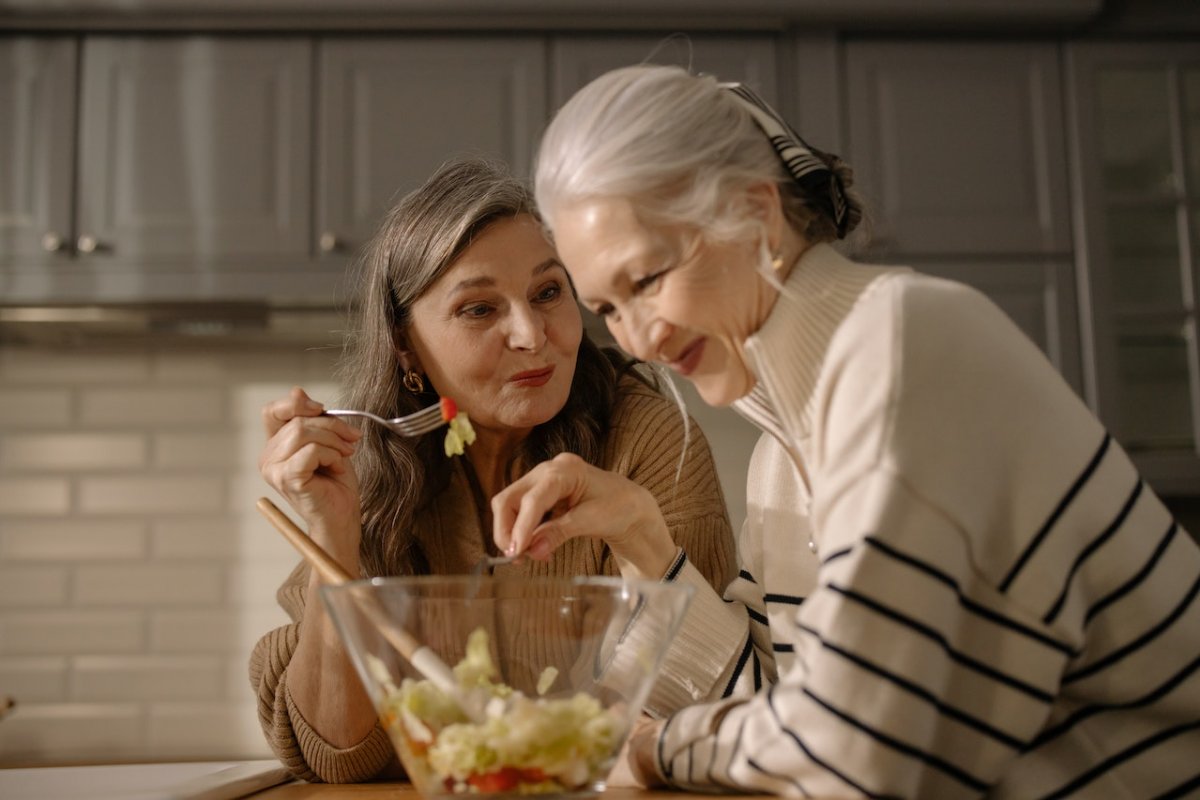
People with a particular FOXO3 gene variant have a higher life expectancy than people without it.
< br>Lifespan is closely related to environmental factors, but the role of genes is no less important. Certain genes play a unique role in the aging process by protecting against age-related diseases. The identification of these genes has provided new insights into the various mechanisms of aging. Some research suggests that dietary patterns of fasting and calorie restriction may play an important role in the activation of these proteins.
“A particular variation of the FOXO gene, known as FOXO3, is known to have a strong influence on aging and age-related phenotypes. Studies have shown that it can regulate the response to stress and therefore affect lifespan. The association of the FOXO3 gene was significantly stronger in centenarians. Such studies, mostly conducted on centennial populations, have helped to determine the ways in which the gene can be activated depending on lifestyle,” says physician Irina Andreeva specifically for MediaForum.
Scientists have found the cause of longevity in people's blood vessels< br>
Generally speaking, it was understood that the process of activating the longevity gene required a combination of lifestyle changes. These include a healthy diet, regular exercise, and adequate sleep, but some measures can be even more effective.
Intermittent fasting can be beneficial, for example, for people looking to prolong their lives. The eating pattern includes alternating periods of eating and fasting at different times of eating. low levels of insulin signaling activate FOXO to restore glucose levels through glycogenolysis and gluconeogenesis.”
Such a diet may help increase lifespan by potentially activating certain cellular processes that protect against aging.
MedicalForum previously wrote about how to help with a heart attack.
Important! Information provided for reference purposes. Ask a specialist about contraindications and side effects and under no circumstances self-medicate. At the first sign of illness, consult a doctor.
